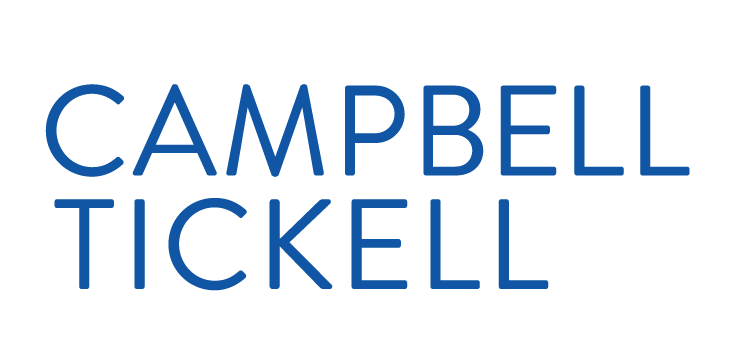Productivity and the employee value proposition
Managing a remote workforce presents some unique challenges for employers and a careful balancing act between productivity and wellbeing.
“I think for HR professionals, we’re still trying to work out how to manage performance in a very different way,” says The Nursing and Midwifery Council’s Francesca Okosi. She adds that companies will have to “help managers think about how you’ve managed performance based on output and outcome, not based on presenteeism”.
“It’s going to be interesting to see what happens beyond this quite intense period, because I think a lot of people have put in far more hours than they would have otherwise put in if they were in a physical office space.”
Unpaid overtime surge
The evidence certainly supports this assertion. Recent data from the Office for National Statistics shows that people working from home in 2020 did two thirds more unpaid overtime than their colleagues who went into the office or their usual place of work. They were also more likely to work past 6pm, took fewer sick days, and were less likely to earn promotion.
For some organisations, addressing this issue will involve a change of emphasis when it comes to output or even a limit on how many hours they will allow their staff to work. For Anita Jones at Freebridge it is about placing employee wellbeing at the heart of how you view the employee value proposition.
“Where we feel we have a problem is that people are not constructing their working day in a way that is good for their wellbeing,” she says. “So some are embracing it and loving it, and others are working too long and too much and can’t create natural boundaries. And so for us, part of using data will be how do we agree targets and outcomes that are not about time spent at a PC, they’re about the actual productivity. And that will be a shift for a company like ours, because people feel guilty about not answering that call.”
“Part of using data will be how do we agree targets and outcomes that are not about time spent at a PC, they’re about the actual productivity.”
Employee value proposition
Jones adds: “We see a very different value proposition about what is a job well done during the period. Equally on the wellbeing front, it’s being aware of the impact on your organisation from the pandemic. What I mean by that is there will be employees who emerge more resilient as a result of the challenges, and there’ll be employees who emerge less resilient as a result of the challenges. And it’s about recognising that individual aspect to this. That’s something you have to take on board in terms of mobilising your workforce to achieve over this time.”
At Freebridge, Jones and her leadership team are trying to address the wellbeing issue personally. They have trained members of staff to become mental health advocates, while the leaders themselves put together weekly videos of themselves in their home settings to demonstrate what she calls “authentic leadership”.
On a broader level, Freebridge is examining its entire operating model “from top to bottom”, but is doing so through a series of business-wide consultation events taking place throughout the spring. The idea is that solutions can come from anywhere and everywhere within the business.
CONTRIBUTORS:

Anita Jones Chief Executive, Freebridge Community Housing

Francesca Okosi
Director of People and Organisational Effectiveness, The Nursing and Midwifery Council
